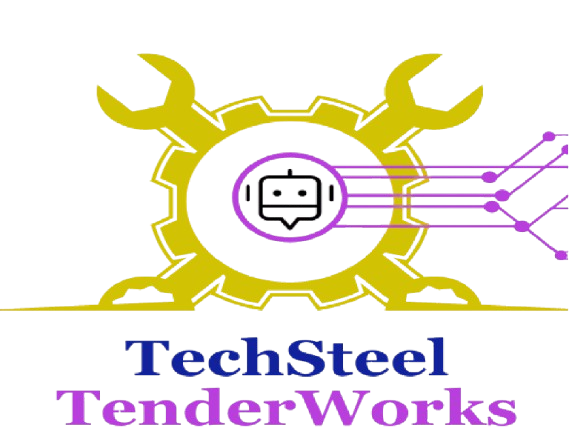Harnessing the Power of Data - Advanced Analytics in Construction Excellence
Construction companies generate massive amounts of data daily, yet many organizations struggle to transform this information into actionable insights that drive operational improvements. Advanced analytics platforms represent the key to unlocking construction data’s hidden value, enabling data-driven decision-making that enhances efficiency, reduces costs, and improves project outcomes.
The Construction Data Challenge
Modern construction projects involve numerous data sources: equipment sensors, material tracking systems, worker productivity metrics, quality control measurements, and environmental monitoring devices. Without proper analytics capabilities, this valuable information remains isolated in separate systems, limiting its potential impact on project success.
Traditional construction management relies heavily on experience and intuition, valuable assets that nonetheless leave significant room for improvement. Advanced analytics platforms process vast datasets to identify patterns, trends, and opportunities that human analysis alone cannot uncover.
Material Flow Optimization Through Analytics
Material management represents one of construction’s most significant cost centers, with waste and inefficiency directly impacting project profitability. Advanced analytics platforms analyze historical consumption patterns, delivery schedules, and project phases to predict material requirements with remarkable accuracy.
Predictive analytics enable just-in-time material delivery, reducing storage costs and site congestion while ensuring materials arrive precisely when needed. Machine learning algorithms identify optimal ordering patterns based on project characteristics, seasonal variations, and supplier performance metrics.
Real-time analytics dashboards provide project managers with immediate visibility into material usage rates, inventory levels, and delivery schedules. This transparency enables proactive adjustments to material plans before shortages or excess inventory impact project timelines.
Resource Allocation Optimization
Advanced analytics transform resource allocation from educated guesswork into data-driven science. Analytics platforms analyze historical performance data to identify which crews perform most efficiently under specific conditions, optimal equipment combinations, and how weather patterns affect different construction activities.
Workforce productivity analytics help project managers make informed decisions about crew assignments, training requirements, and performance improvement opportunities. Equipment utilization analysis ensures optimal deployment of expensive construction machinery, maximizing return on equipment investments.
Predictive Maintenance Revolution
Equipment downtime represents a significant threat to construction project timelines and budgets. Advanced analytics enable predictive maintenance strategies that prevent equipment failures before they occur. By monitoring performance metrics, maintenance histories, and operating conditions, analytics systems can forecast potential failures with high accuracy.
This proactive approach reduces unplanned downtime, extends equipment lifespan, and optimizes maintenance schedules. Construction companies implementing predictive maintenance report maintenance cost reductions of 20-25% while improving equipment availability.
Cloud-Powered Analytics Capabilities
Microsoft Azure and AWS provide scalable computing power and advanced machine learning capabilities essential for construction analytics. These cloud platforms enable sophisticated analysis techniques like neural networks and deep learning algorithms that can identify complex patterns in construction data.
Cloud-based analytics platforms offer several advantages: scalable computing resources, advanced analytical tools, real-time processing capabilities, and secure data storage. These capabilities enable construction companies to implement enterprise-grade analytics without significant infrastructure investments.
Quality Control Enhancement
Analytics integration significantly improves quality control processes. By correlating inspection results with environmental conditions, material batches, and construction techniques, teams can identify factors contributing to quality variations and implement corrective measures proactively.
Statistical process control powered by analytics helps maintain consistent quality standards while identifying improvement opportunities. Predictive quality models can forecast potential quality issues before they occur, enabling preventive interventions.
Advanced analytics represent the foundation of data-driven construction excellence. Companies that harness their data’s power through sophisticated analytics platforms gain competitive advantages that drive sustainable business growth.
TechSteel TenderWorks leverages these advanced analytics capabilities to transform steel structure tendering processes for construction companies across Canada. Our integrated platform combines IoT data collection, cloud-powered analytics, and machine learning algorithms to deliver actionable insights that optimize project performance and enhance competitive positioning in the marketplace.
